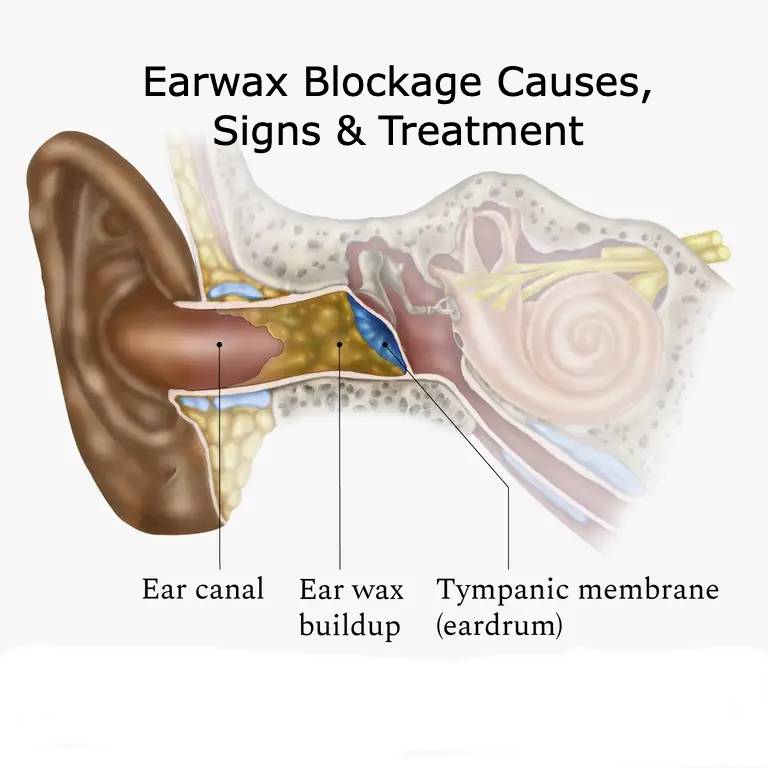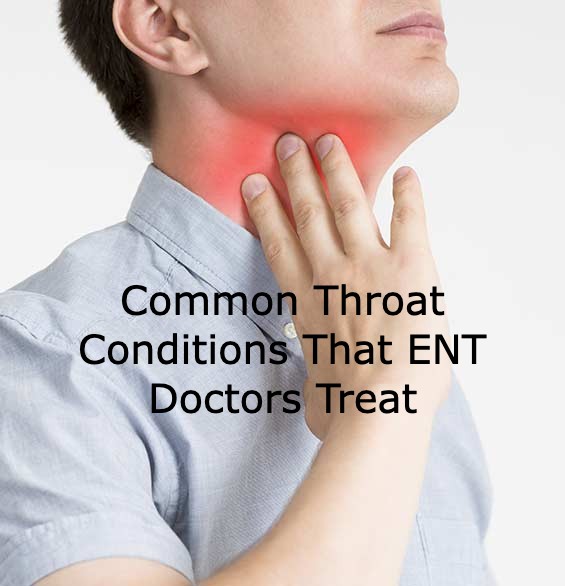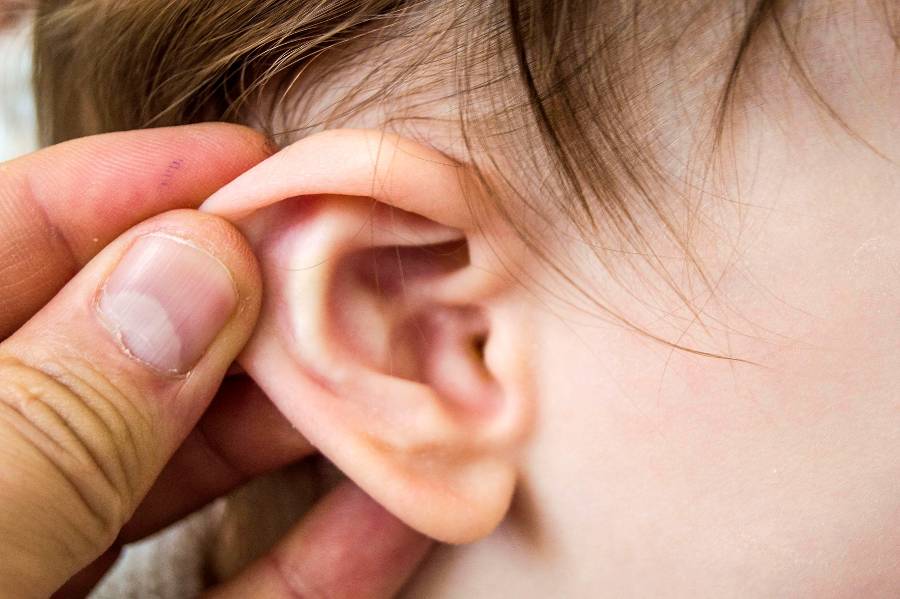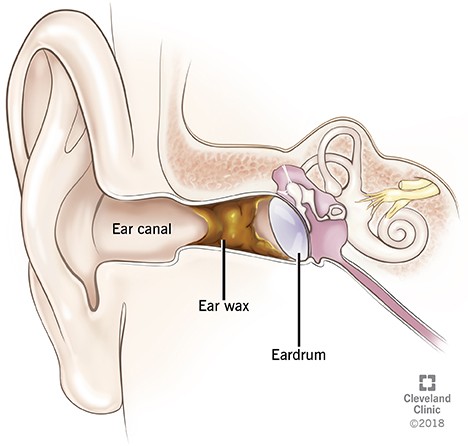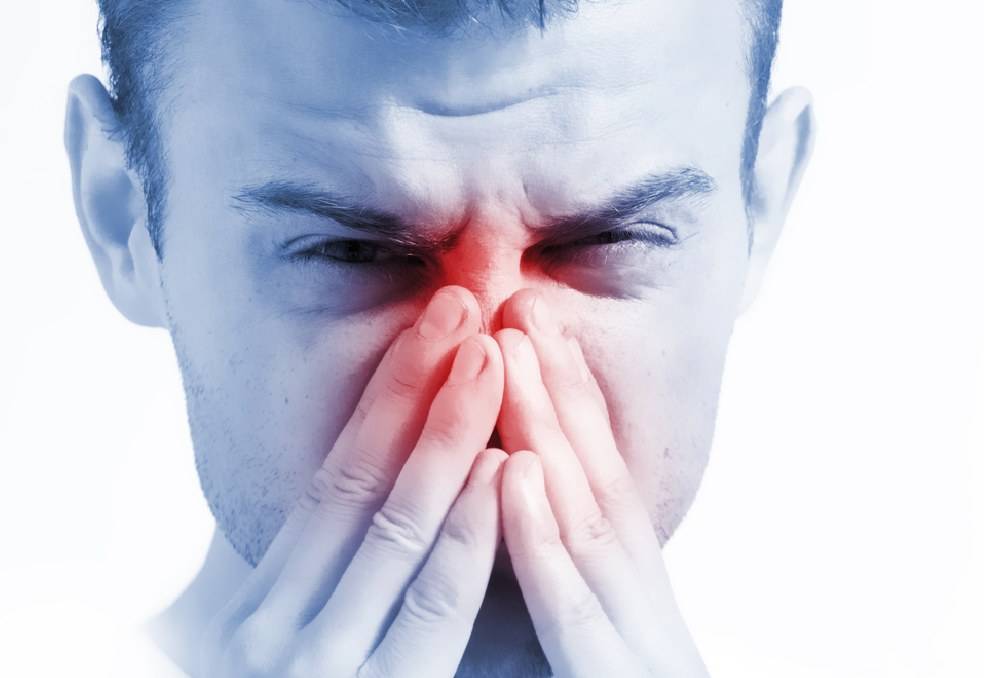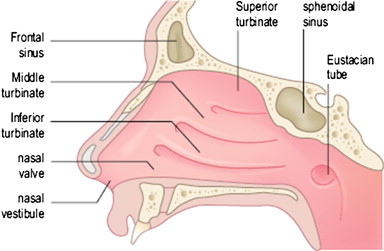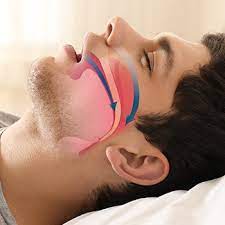What is sinusitis?
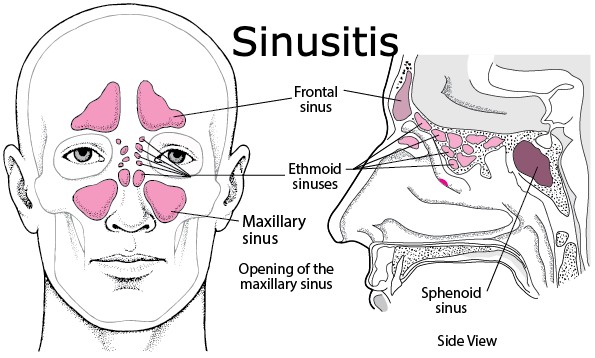
Types of allergies:
There are four main types of sinuses:
– Frontal sinuses: These are located in the forehead.
– Maxillary sinuses: These are located behind the cheekbones.
– Ethmoid sinuses: These are located between the eyes.
– Sphenoid sinuses: These are located behind the nose.
What are the causes of sinusitis?
The most common cause of sinus is a viral infection, such as a cold or the flu. Other causes include:
– Allergies: Allergies can cause the sinuses to become inflamed and swollen. This can lead to a buildup of mucus and pressure in the sinuses.
– Nasal polyps: These are noncancerous growths that can block the sinuses.
– Deviated septum: This is a condition in which the nasal septum, the bone and cartilage that divide the nose into two sides, is not straight. This can block the sinuses and make it difficult to breathe.
– Cystic fibrosis: This is a genetic disorder that causes mucus to be thick and sticky. This can block the sinuses.
What are the signs and symptoms of sinus?
The most common symptom of sinus is pain and pressure in the face. Other symptoms include:
– A stuffy nose
– Difficulty breathing through the nose
– A headache
– A fever
– Yellow or green discharge from the nose
When should I see a doctor?
You should see a doctor if you have any of the following:
– A fever that lasts longer than three days
– Severe pain in the face or head
– Difficulty breathing through the nose
– Yellow or green discharge from the nose that is thick and smells bad
What doctor should I see for sinus treatment?
If you have a sinus, you may be seen by an ear, nose, and throat doctor (ENT). This type of doctor is also called an otolaryngologist. You may also be seen by your primary care doctor.
Sinusitis treatment
The treatment for sinus depends on the cause. If you have a viral infection, such as a cold or the flu, your doctor may recommend that you rest, drink plenty of fluids, and take over-the-counter pain relievers.
If you have allergies, your doctor may recommend that you avoid the things that trigger your allergies. You may also be prescribed medication to treat your allergies.
If you have nasal polyps, your doctor may recommend surgery to remove them.
If you have a deviated septum, your doctor may recommend surgery to straighten it.
If you have cystic fibrosis, your doctor will work with you to create a treatment plan. This may include medication and physical therapy.
What to expect during sinus surgery?
Sinus surgery is a procedure to remove blockages in the sinuses. It is also called sinusotomy or sinusitis surgery. The goal of sinus surgery is to open up the blocked sinuses so that they can drain properly. This can help to relieve pain and pressure in the face. It can also help to improve your breathing. Sinus surgery is usually done as an outpatient procedure, which means you will go home the same day. The surgery takes about 1-2 hours. During sinus surgery, your doctor will make small cuts on your nose. A thin, flexible tube called an endoscope will be inserted into your nose. This will allow your doctor to see inside your sinuses. Your doctor will then remove any blockages in your sinuses. This may include removing nasal polyps or correcting a deviated septum. After sinus surgery, you will need to rest at home for a few days. You may have some pain and swelling in your face. This is normal and should go away within a week or so. You should not blow your nose for at least a week after surgery. You should also avoid strenuous activity for at least a week. Your doctor will give you specific instructions on how to care for yourself after surgery.Can I prevent sinus?
There is no sure way to prevent sinus. However, there are some things you can do to reduce your risk. These include:
– Wash your hands often with soap and water. This will help to remove any viruses or bacteria that you may have come into contact with.
– Avoid touching your face. This will help to keep any viruses or bacteria from getting into your nose and mouth.
– Avoid close contact with people who are sick. This will help to avoid getting a viral infection.
– Keep your allergies under control. This will help to reduce the inflammation in your sinuses.
– Quit smoking. Smoking can make your sinuses more inflamed and increase your risk for infection.
– Drink plenty of fluids. This will help to keep your sinuses moist and reduce the risk of infection.
– Use a humidifier. This will help to keep your sinuses moist and reduce the risk of infection.
– Avoid environmental irritants. This will help to reduce the inflammation in your sinuses.
– Keep your sinuses clean. This will help to reduce the risk of infection.
– Get the flu vaccine. This will help to protect you from getting the flu, which can lead to sinus infection.
If you have a sinus, it is important to see your doctor for proper diagnosis and treatment. Sinus can often be treated at home with rest, fluids, and over-the-counter medication. However, in some cases, more aggressive treatment may be necessary. If your symptoms are severe or do not improve with home treatment, be sure to see your doctor. For more information about sinus, visit the Sinus Specialist Singapore website.

